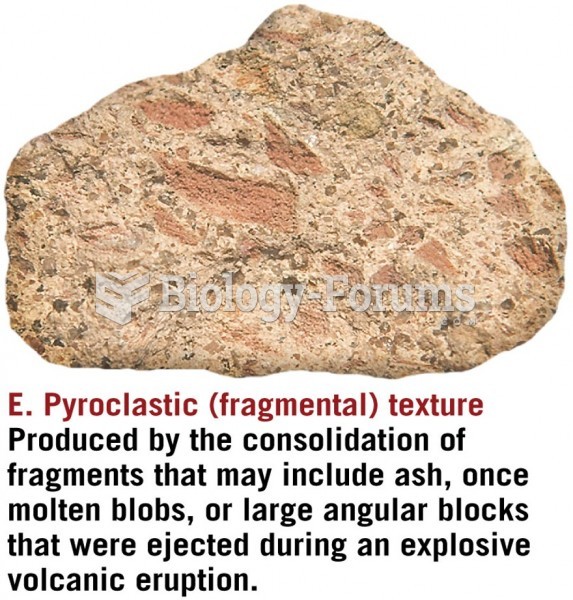|
|
|
Acetaminophen (Tylenol) in overdose can seriously damage the liver. It should never be taken by people who use alcohol heavily; it can result in severe liver damage and even a condition requiring a liver transplant.
Medication errors are three times higher among children and infants than with adults.
Fatal fungal infections may be able to resist newer antifungal drugs. Globally, fungal infections are often fatal due to the lack of access to multiple antifungals, which may be required to be utilized in combination. Single antifungals may not be enough to stop a fungal infection from causing the death of a patient.
After a vasectomy, it takes about 12 ejaculations to clear out sperm that were already beyond the blocked area.
More than 30% of American adults, and about 12% of children utilize health care approaches that were developed outside of conventional medicine.







